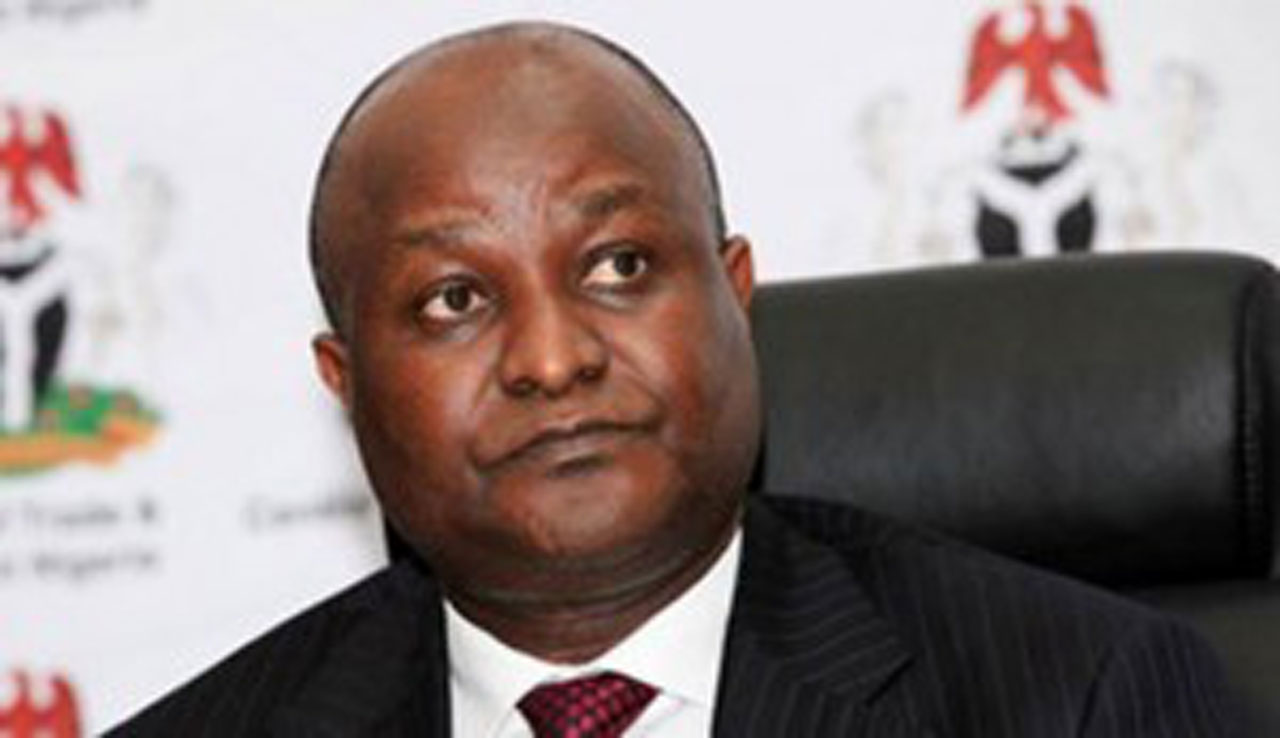
Tax and customs expert Mr. Okey Ibeke, on Thursday, raised concerns over the ongoing tax reform bills, emphasizing that the Nigeria Customs Service (NCS) plays a highly technical role that extends far beyond revenue collection.
The expert described the NCS as a specialized agency requiring advanced technical skills to effectively carry out its functions.
Ibeke disclosed this in Abuja during a chat with journalists, following a public hearing on tax reform bills organized by the Special Committee on Tax Reform Bills. Ibeke cautioned that the proposed reforms could undermine the agency’s specialized operations, which are crucial to Nigeria’s revenue generation.
He explained that the bills under consideration include the Nigeria Tax Bill, Nigeria Tax Administration Bill, Nigeria Revenue Service Establishment Bill, and Joint Revenue Board Establishment Bill.
Ibeke expressed concerns that designated revenue agencies may lack the technical expertise, specialized workforce, and continuous training required to handle NCS operations.
He noted that these agencies might struggle to detect undervalued or misclassified goods, potentially leading to the acceptance of inaccurate importer declarations.
He said: “Customs work is more than just collecting revenue. It involves classifying cargo, understanding tariff classifications, and conducting customs valuations.
“Without the expertise to classify cargo and determine the applicable duty rates, there will be significant challenges. Only well-trained customs personnel can effectively perform these functions.”
READ ALSO: Remi Tinubu flags off second phase of women empowerment in Niger
A critical concern raised by Ibeke is the proper enforcement of Rules of Origin (RoO), a key factor in determining the national source of imported products. RoO is essential for assessing the value of imports, calculating appropriate revenue, and identifying fraudulent practices—tasks that general tax administration systems are ill-equipped to handle.
Ibeke warned that passing the bills without necessary adjustments could render the NCS redundant and negatively impact revenue generation for Nigeria’s development projects.
He added, “Is the Federal Government planning to dismantle the Customs Service? Will they employ customs officers to work in the new agency? Will they create offices for them within the agency? This could lead to confusion. Ultimately, the government, which aims to maximize revenue, stands to lose the most.
“The NCS has established infrastructure and is leveraging technology to facilitate trade. Repealing the Act would undermine these efforts and hinder progress.”
He said that if the NCS is no longer responsible for revenue collection, it could result in reduced import duty collections.
He said, “Customs officers may simply approve whatever declarations importers submit, leading to significant revenue losses.”
Ibeke pointed out that the NCS has already made significant strides in modernizing its operations through its Trade Modernisation Project, adding that “The deployment of the ‘B Odogwu’ software, for instance, has contributed to increased revenue collection and positioned the service to surpass its 2025 revenue target.”
He urged the Federal Government to increase funding for the NCS to address revenue collection challenges rather than repealing the 2023 NCS Act, which took over eight years to pass into law.
Meanwhile, during the public hearing, Comptroller-General Adeniyi reaffirmed the NCS’s commitment to the 2023 Act, urging lawmakers to ensure that the final tax reform bills do not conflict with existing customs regulations.
Adeniyi maintains that while the reforms align with President Bola Tinubu’s vision for a more efficient tax system, Ibeke warned that they could jeopardize the NCS’s ability to perform its core functions.
As the debate over the tax reform bills continues, stakeholders are calling for a balanced approach that strengthens Nigeria’s tax system without compromising the critical functions of the Nigeria Customs Service.






